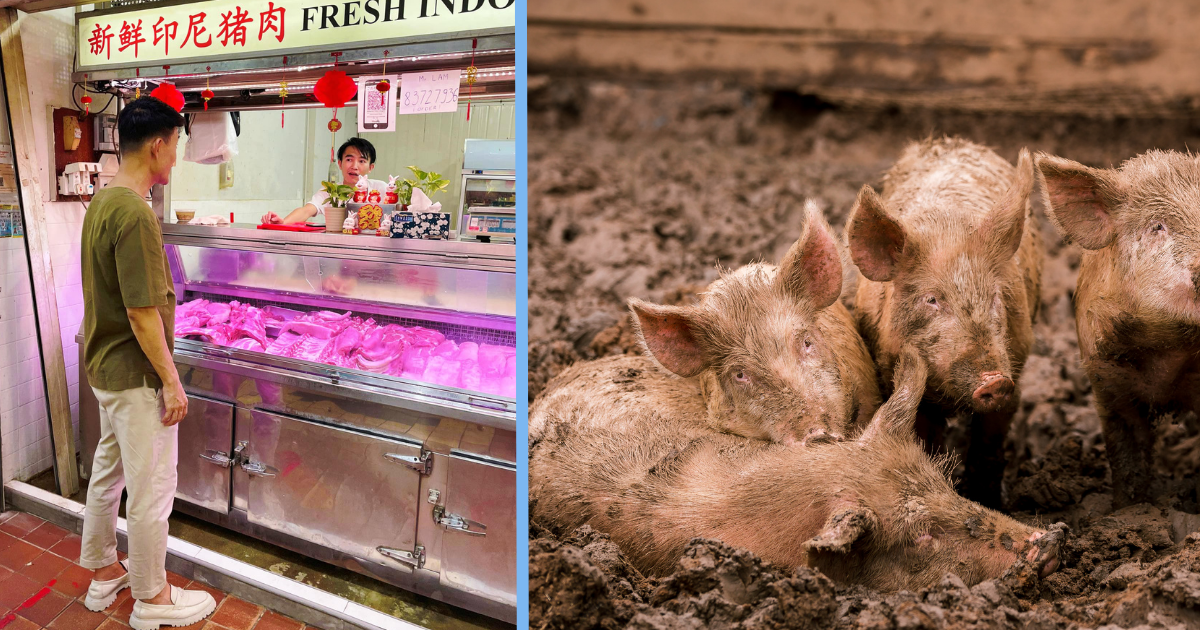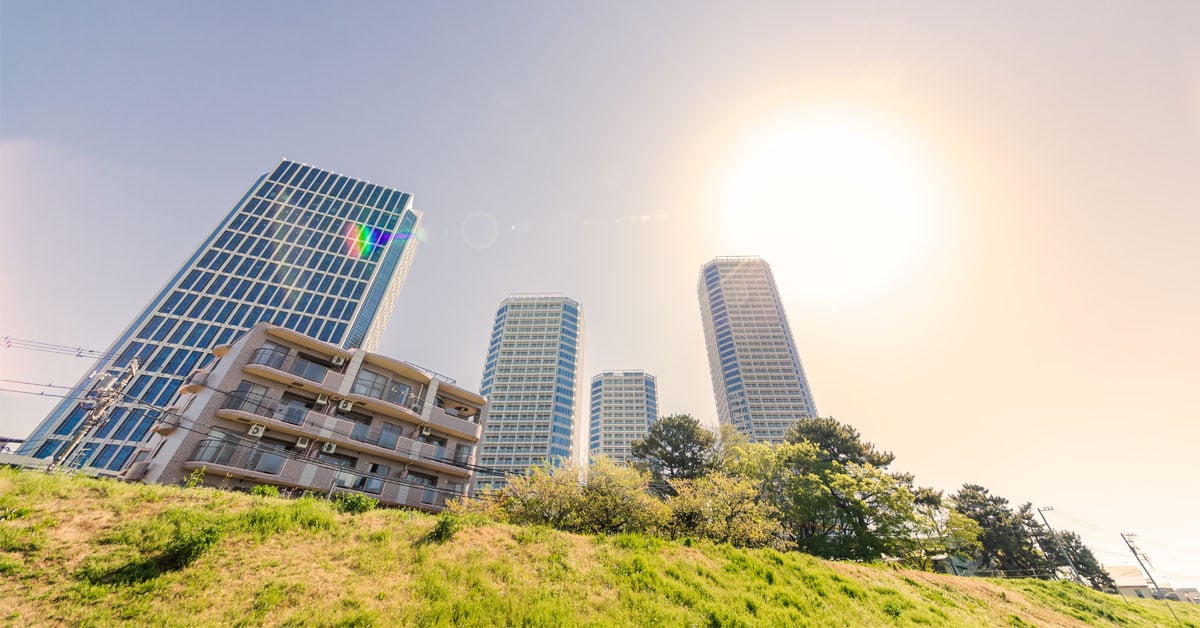You may have heard that African swine fever has ravaged our supply of live pigs from the Indonesian island of Pulau Bulan.
While it is natural to feel panicked about what will happen to our pork products as the thought of last year’s chicken export ban comes to mind, we must not turn to our old ways of flocking to the supermarkets to hoard toilet paper.
This is exactly what MP Baey Yam Keng said about the pork supply in Singapore. There is no need to bulk buy it.
And fortunately, this situation doesn’t seem as dire as the chicken one last year.
“No Need to Hoard Pork”
Tampines GRC MP Baey Yam Keng, who is the Senior Parliamentary Secretary of Sustainability and the Environment, took to Facebook on Monday (24 April) to clarify the pork situation.
The Singapore Food Agency (SFA) announced last week that the import of live pigs from the Indonesian island of Pulau Bulan would be temporarily stopped from Sunday (23 April) as African swine fever (ASF) was detected in carcasses of pigs reared there.
Mr Baey reiterated that this is not a food safety concern as the disease can only be transmitted between pigs and cannot infect humans.
Therefore, pork products sold can still be consumed.
He mentioned visiting the Tampines N4 Neighbourhood Centre market last Saturday (22 April) to check in with pork sellers.
They cited concerns about the uncertainty during this period, noting the ASF situation and worrying about whether their suppliers may run out of stock.
Mr Baey also spoke to a chicken seller, who said he was affected by the chicken export ban and had to switch to selling thawed chicken.
As he found a way to stay in business by switching to other alternatives, he was confident that the pork sellers could overcome this obstacle.
Mr Baey emphasised that there was “no need to hoard pork” as Singapore gets its supply from over 20 sources, and there will be sufficient pork to last us through this disruption.
While this disruption is still in place, he encouraged consumers to diversify their food choices by switching to other protein alternatives like chicken. Even if we still want to consume pork, chilled and frozen pork are still available.
He mentioned that disruptions are inevitable even with the 30 by 30 Goal in place, where 30 per cent of food is aimed to be produced locally by 2030.
ASF on Our Shores
ASF was detected in the carcasses of slaughtered pigs in an abattoir in Jurong on 19 April. These pigs were imported from Pulau Bulan in Indonesia, which supplies 15 per cent of our live pigs.
This comes after the first case of ASF was detected in a wild boar carcass on 7 February. Although ASF is endemic in Southeast Asia, it was only this year that ASF arrived on our shores.
Since then, 17 wild boars have lost their lives from the disease. The disease is of particular concern to the sustenance of our livestock, as it has a very high mortality rate.
While it is not a concern to human health, the disease could ravage the population of pigs and therefore put our food supply at risk.
The detection of ASF has led countries like the Philippines and Taiwan to ban Singaporean travellers from bringing pig and pork products.
As part of the Singapore Green Plan 2030, Singapore aims to produce 30 per cent of its nutritional needs locally by 2030.
Currently, only one per cent of Singapore’s land is allocated for farming purposes, and to keep up with this goal, we will need to ramp up productivity in the agri-food industry.
The agri-food industry has turned to many exciting and innovative methods to cope with land scarcity, including using multi-storey LED lighting for indoor farms.
The Lim Chu Kang area is being developed to support more sustainable and efficient practices to reach this goal.
Furthermore, more funds are being invested in research and development (R&D) to find more food science and safety breakthroughs through the Singapore Food Story R&D Programme, which costs $309 million.
More workers are also being trained and employed to facilitate this initiative.
Soon enough, we won’t have to worry as much about diversifying our imports as our sunny little island will produce a sizable amount of our food.





